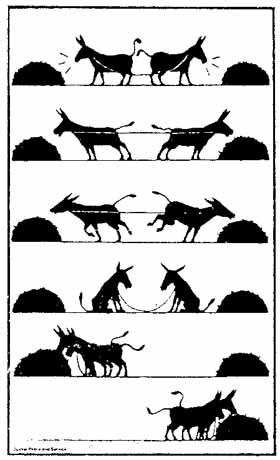The next main meeting of the Middle Way Network will be on Sun 13th September at 7pm UK time on Zoom. This is the fifth of the series looking successively at five principles of the Middle Way (scepticism, provisionality, incrementality, agnosticism and integration), followed by three levels of practice (desire, meaning and belief).

There’ll be a short talk on integration, followed by questions, then discussion in regionalised breakout groups. Some other regionalised groups will meet at other times. If you’re interested in joining us but are not already part of the Network, please see the general Network page to sign up. To catch up on the previous session, on agnosticism, please see this post.
There is already a short introductory video (9 mins) on integration as part of Middle Way Philosophy, which is embedded below. You might like to watch this for an initial orientation before the session.
Integration
Integration is the process by which conflicting desires, meanings and beliefs can be reconciled. It is central to the Middle Way, because it is absolute beliefs that prevent different desires being integrated and thus maintain conflict. We can see how absolutisation creates conflict in all sorts of contexts, from an individual trying to give up smoking to a global conflict between nations. In all cases, it is the ability to reframe the assumptions with which conflicting beliefs are based (as in the story of the two mules on the video), that makes it possible to reconcile these conflicts. A basic attitude is required of reconciling ourselves with our shadows (hated objects) rather than merely trying to eliminate them.
Integration thus forms the basic framework for Middle Way practice that can change our conditions of judgement over a period of time. There are three levels of integrative practice, each of which will be discussed in more detail in the next three stimulus sessions: integration of desire, that unites conflicting desires in the immediate situation; integration of meaning that makes it possible for conflicting selves or people to communicate; and integration of belief that questions our frameworks of assumption and seeks better, more adequate ones. Mindfulness, the arts and critical thinking provide examples of key practices at each level.
Some suggested reflection questions:
- Can you think of an example of a recent process of integration you have gone through, whether with someone else or just within yourself?
- Try to identify the different stages of that integration that has occurred in your experience, and whether it can be related to the process of the two mules.
- What are the desires, meanings or beliefs you find most difficult to integrate?
Suggested further reading:
Migglism ch.2, fifth section ‘Integration’
Middle Way Philosophy 1, section 6: summarised here, full text available here.
Middle Way Philosophy volumes 2, 3 and 4 give a much more detailed account of the different levels of integration. These can all be found in the Middle Way Philosophy Omnibus.
The Buddha’s Middle Way 3.g: Integration: The Wet Piece of Wood
